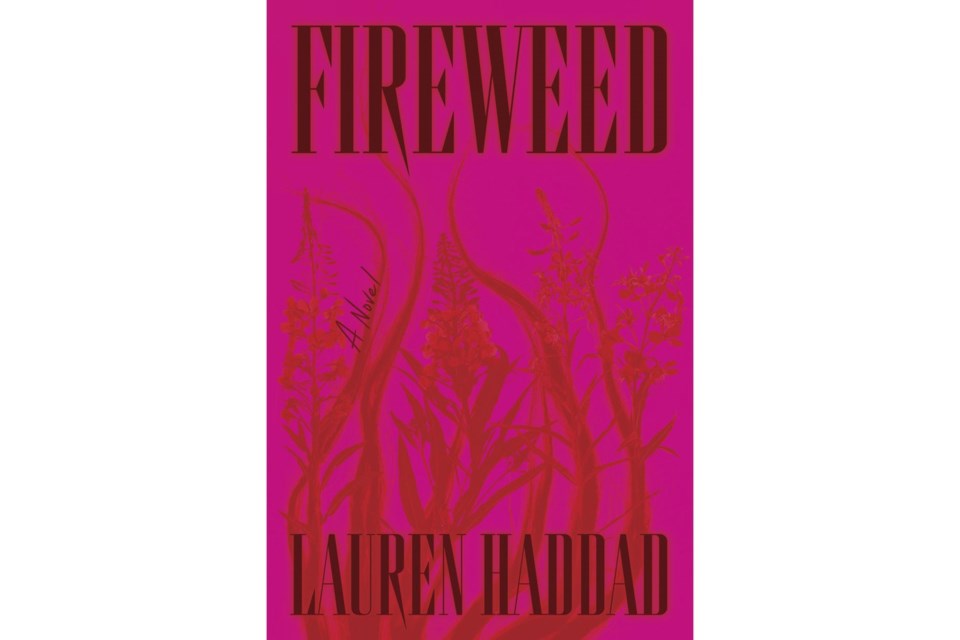“Fireweed” by Lauren Haddad follows lonely housewife Jenny, whose husband works long stints away at a farm. In Prince George, Canada, she lives alongside a widowed Indigenous mother who the neighborhood looks down upon. An educated white woman goes missing along the highway, drawing national attention, but when Jenny’s neighbor, Rachelle, disappears next, no one cares.
What follows is a desperate search for self-absolution as Jenny first tries to ignore the situation, then obsesses about it. Haddad’s debut novel shows off her mastery of prose and physical description, infusing each page with believable realism.
Poverty, misogyny, and racism take a front seat. “Fireweed” captures elements of “Maid: Hard Work, Low Pay, and a Mother’s Will to Survive” by Stephanie Land and “Killers of the Flower Moon” by David Grann, reflecting similar themes of self-discovery and disenfranchisement through a fictional medium.
A power imbalance between spouses reoccurs throughout Jenny’s closest relationships, her mother and friends demonstrating that the most desirable facet of womanhood is complacency. “Women were always responsible,” Haddad writes. “For what we did, what other women did. What men did — to us, because of us.” A feeling of powerlessness invades the book, overwhelming and inescapable. It shows just how lonely prejudice can make a community.
Jenny equates motherhood with womanhood, struggling to understand her role without children despite the interpersonal dangers reflected in her relationship with her parents. Still, she maintains a sweet disposition toward nurturing children of her own, unwilling to give up her need to take care of someone else.
“Fireweed” thoughtfully weaves the flow of societal status, relationship and nature together — the seasons, the inconveniences, the beauty, the danger. “The difference between a weed and a plant all depends on your perspective,” Haddad writes. Jenny uses gardening as her way to connect with Rachelle in a neighborhood where she’s scorned for even that.
The book takes its time ambling toward the end, feeling tangential at times. The conclusion is unsatisfying but fitting, followed by a necessary and laudable afterword by the author. Jenny’s thought processes show us where her own blind spots are. She is the main character because she has made herself to be. Haddad challenges readers to decide if Jenny has truly reckoned with her unconscious biases.
The novel is altogether an exploration of intersectionality, showing how the existence of disenfranchisement in one group doesn’t negate the disenfranchisement of another, though it still calls for nuance and compassion. “Fireweed” leaves readers with the overall sentiment that there is danger in doing things the way they have always been done.
“I’m not sure where exactly I thought my journey would take me,” Haddad writes. “I’ve never come across a name for that direction. The one that drives you straight into yourself.”
___
AP book reviews: https://apnews.com/hub/book-reviews
Rachel S. Hunt, The Associated Press



